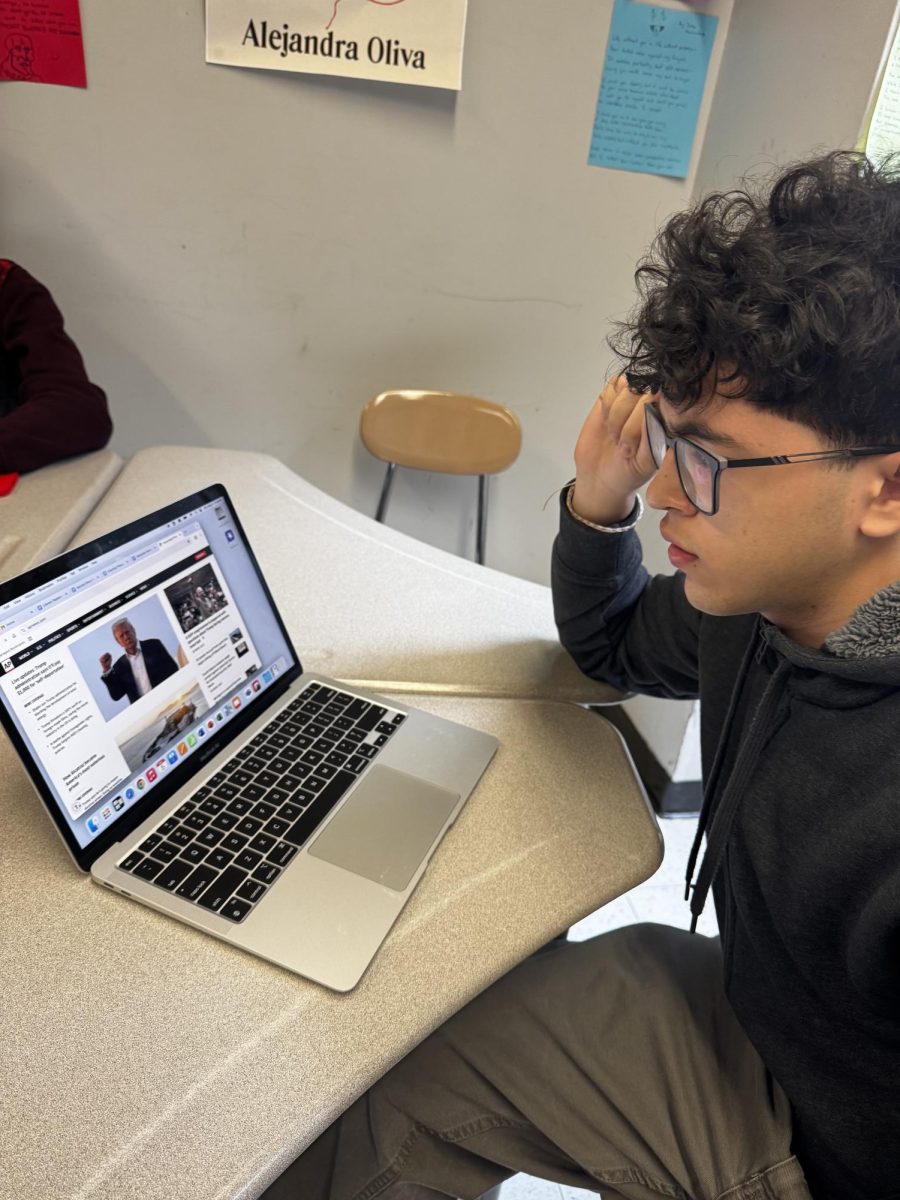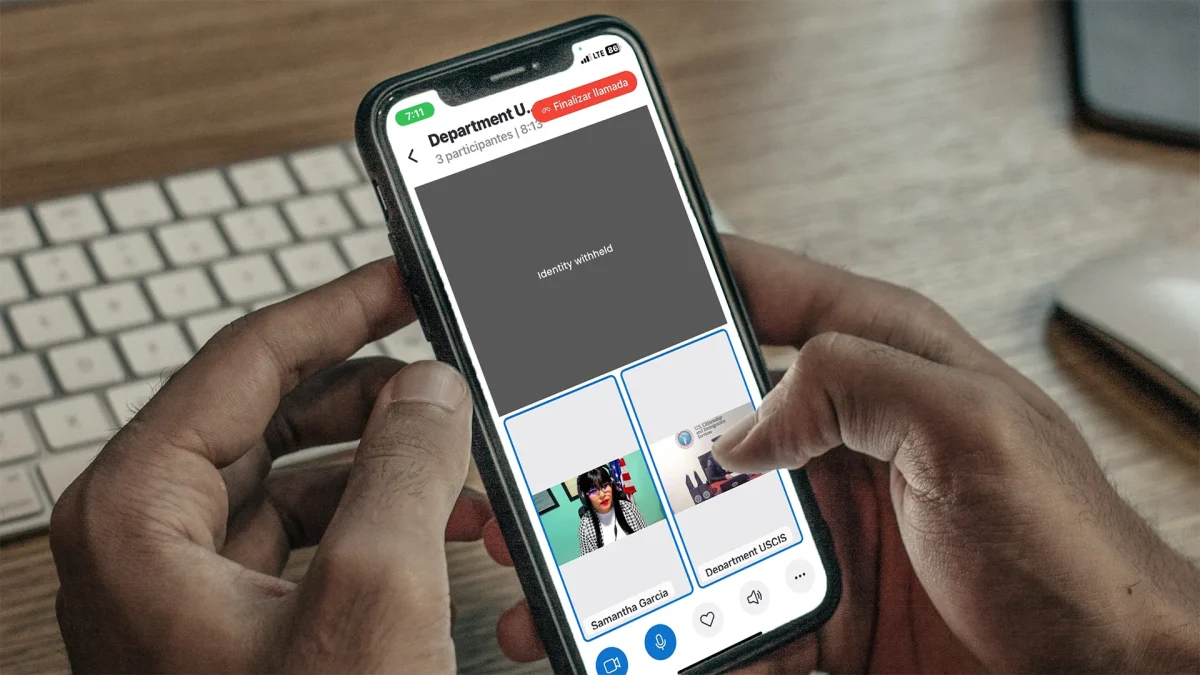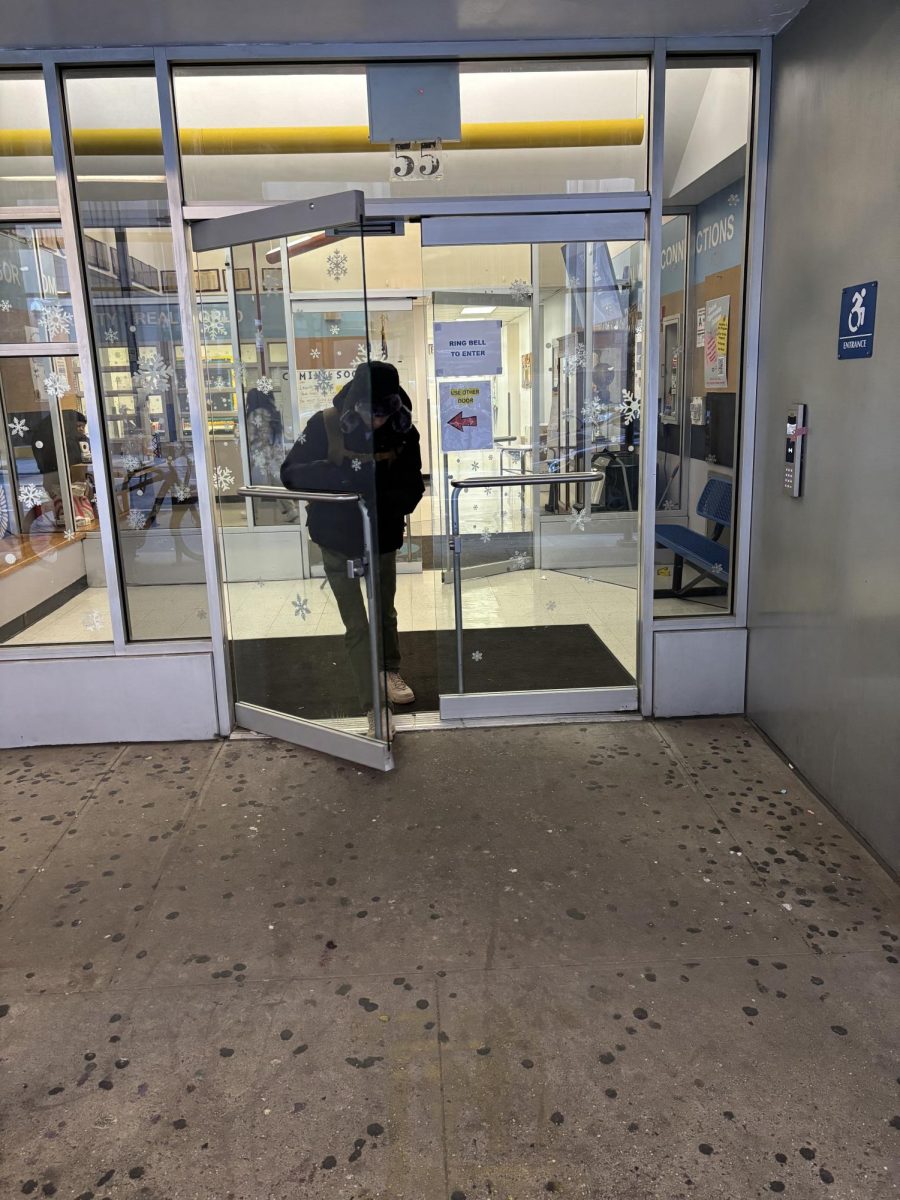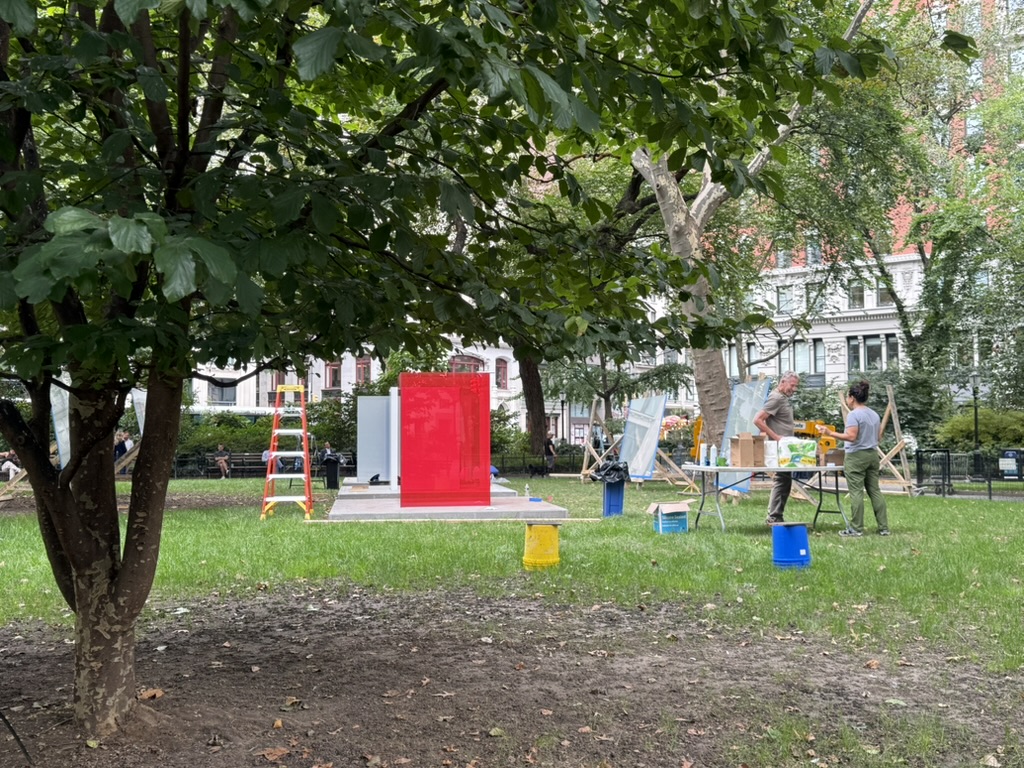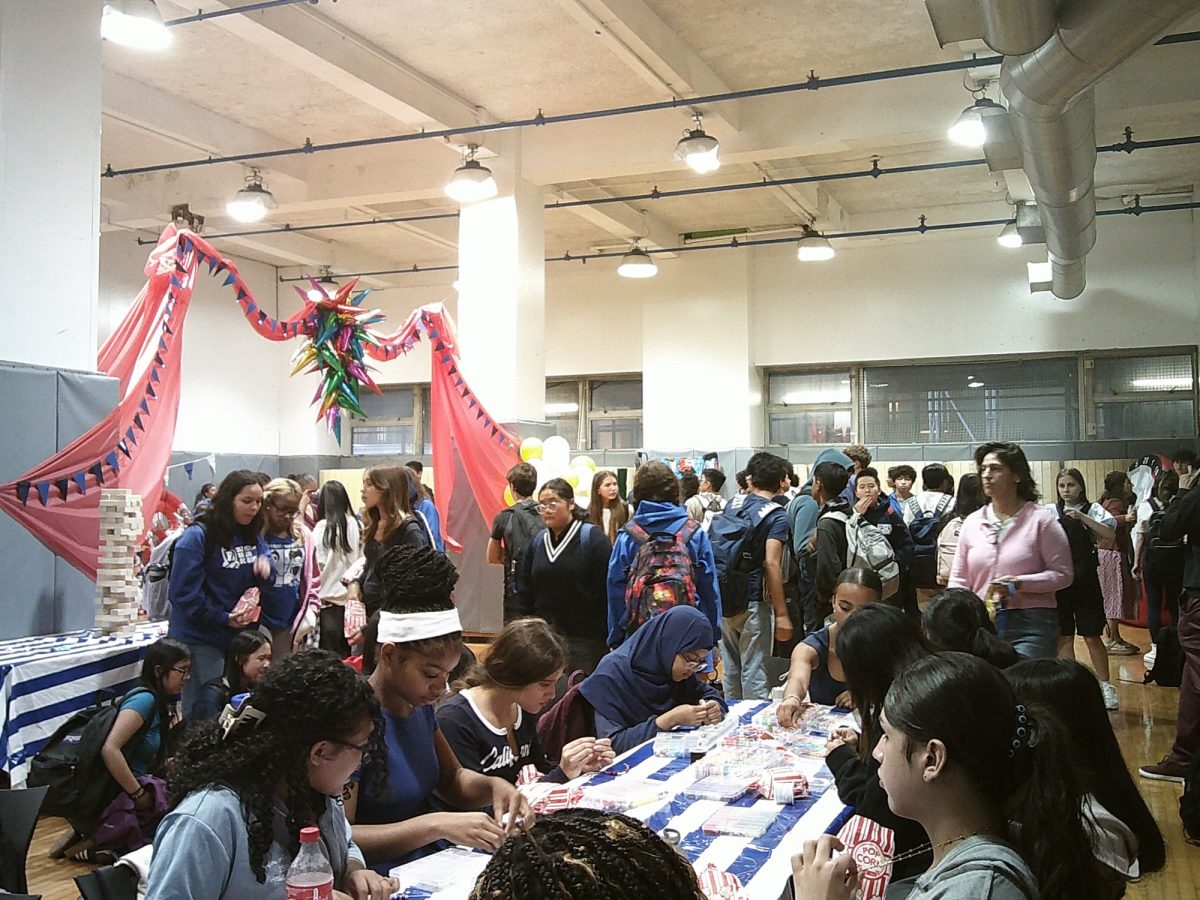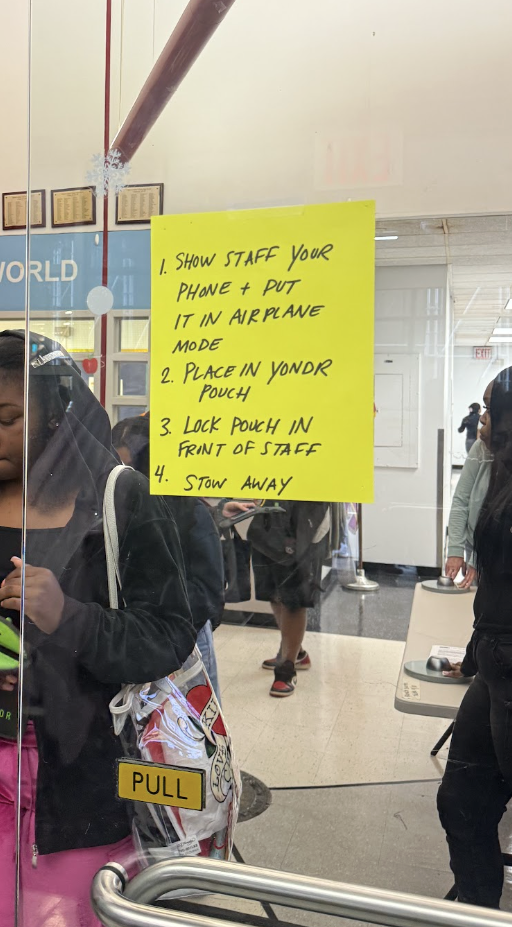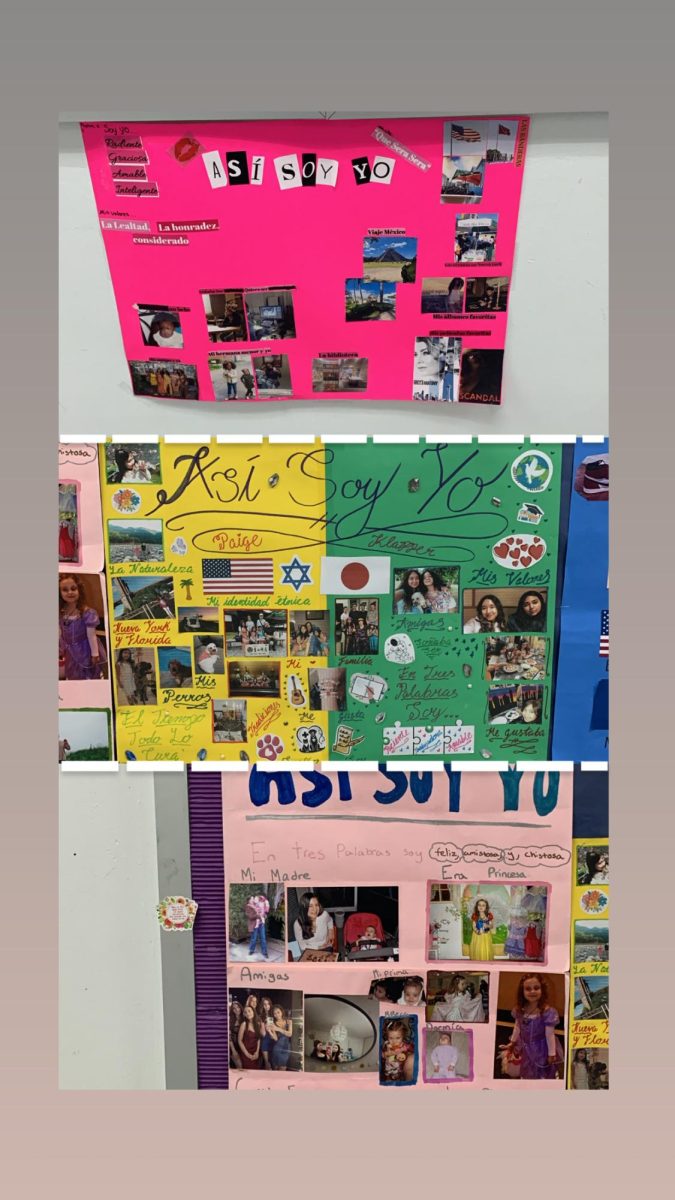We live in a world where media can be found everywhere—podcasts, social media, news, political speeches and advertisements are all potential sources of misinformation that constantly surround us in our day to day lives. Being able to correctly navigate and analyze media makes a person more responsible and knowledgeable.
Media can be used to alter one’s thinking and opinion, having a huge impact on how we view the world and the never ending events we observe within it.
Today many people struggle to find news sources that can be labeled as reliable. With how much information is available on the internet, all ranging from reputable writings to biased content and misinformation, it is important to know how to consume information. So, how does a person find information that they can trust?
Be specific as to what you want to find.
Firstly, it is important to know exactly what you want to get from your search. You want to be specific enough to not limit the amount of results but not general enough to where you lose relevance. Key words such as names, events and dates are all important aspects of your search.
In the article titled, “How to make effective searches” written by Veronica Fletcher, the author makes the point of how shorter, more general searches give inefficient results. Anything too general will cause your results to be irrelevant and off-topic. “Search for specific headlines to ensure relevance, but also avoid being too narrow. Being too narrow will limit your results,” wrote Fletcher.
Know your news outlets.
News outlets that are reliable often have a longstanding history of being people’s go-to source for news.. While stations still do have some imperfections and are most commonly biased, they are undeniably one of the best ways to get information. However, doing research of particular stations is a must to identify potential biases in their reporting.
Additionally, looking through news stories and articles it is important to keep a diversified set of sources. This not only means different news stations but also different types of media, such as podcasts, video reports, long writings and interviews.
When looking for information for research you’ll often find university papers published. These are reliable sources as universities will often have professional editors and fact checkers to make sure their content is trustworthy. If your search does not include anything mentioned thus far, there is more to do.
Consider reading the following news publications to get reliable, credible news: The Guardian, The New York Times, The Washington Post, The Wall Street Journal and Associated Press News.
Checking for credibility
When looking for credibility, you are doing what’s called “lateral reading.” Lateral reading is when a person actively will look for more than one source of information, to cross reference content. The more shared information between different sources, the more likely the information is credible.
If your article is written by an expert in the field, you are much more likely to receive credible information. Reputable sources will often be quoted in other articles. You can see such info through google scholar.
Another detail to look out for when looking for credibility is to see if the author cites their sources and has quoted evidence in their content. If you find yourself interested in the subject of an article, I’d recommend scrolling down to the citations and exploring what they have to offer and educate yourself further.
Don’t rely on social media.
Social media, in general, is not a credible source of information. Firstly, as Grace Monk writes for “Is social media a reliable news source?” for Lumen, Viterbo University’s student newspaper, “One reason for this is that social media platforms do not require users to verify information before posting it. This means that anybody can post anything they want.” People are allowed to say any
thing and everything they want, so while sometimes it can be reliable–for example, the social media page of a legitimate news publication might be reliable–it unfortunately often isn’t. Social media should rather spike interest in a topic and encourage a person to make their own research outside of social media.
Social media platforms also use algorithms which may push out more biased opinions based on what you watch and interact with. To counter algorithms, I strongly suggest using free browser extensions or the “incognito” option on your browser.
Quick summary.
To summarise how to efficiently navigate information, you need to be specific in your search, and pick two or more news sites, preferably that which you recognize as “historically reputable.” You’ll then want to cross reference and see if the information matches the other sites and finally look for citations.


